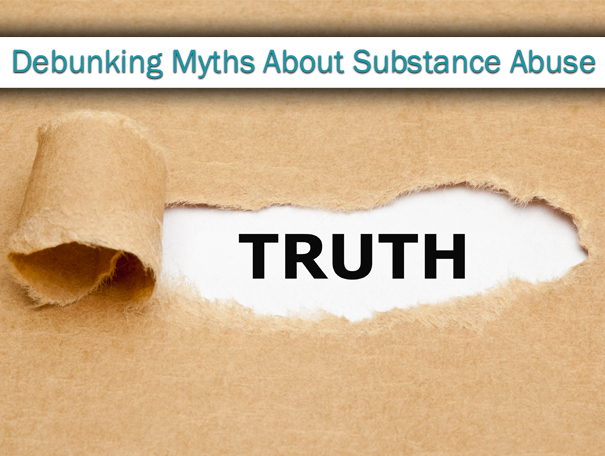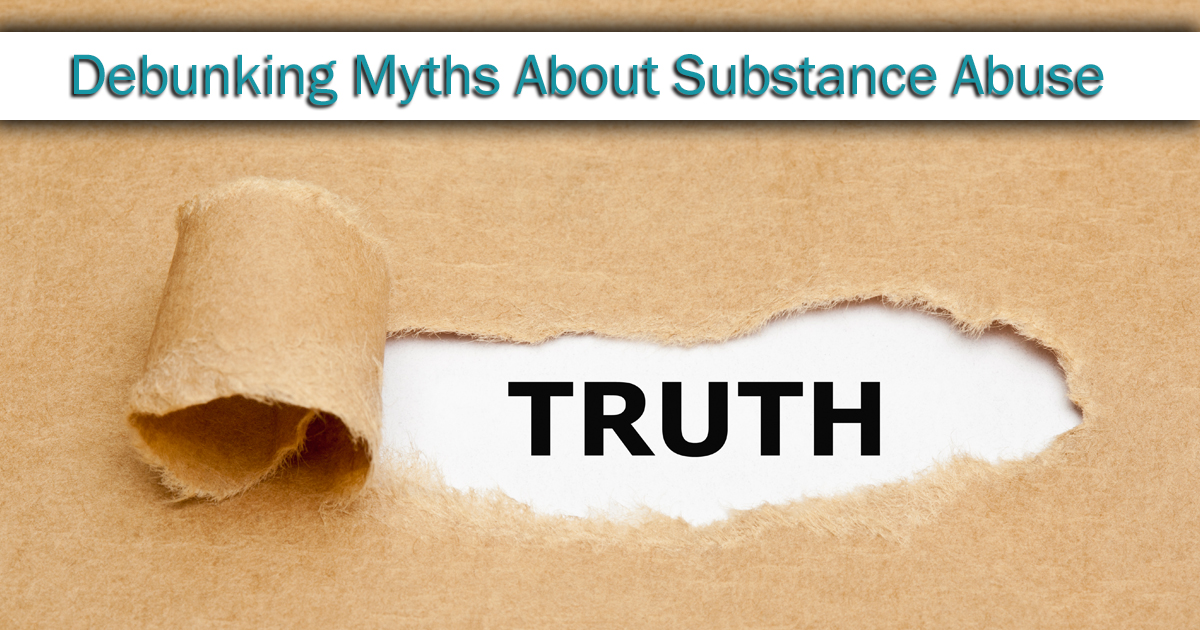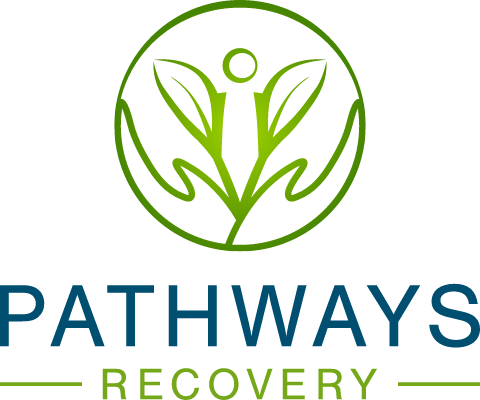 Common Myths About Substance Abuse and Addiction
Common Myths About Substance Abuse and Addiction
Ever since Richard Nixon’s “war on drugs” started over 40 years ago and Nancy Reagan’s “Just Say No” campaign began in the 1980’s, addiction treatment professionals have been fighting an uphill battle against myths and stereotypes related to substance abuse and addiction treatment. Considering that substance abuse and addiction treatment cost this country about $600 billion per year in medical, criminal, social, and economic costs, it is high time (no pun intended) to debunk some of these myths and stereotypes. This article attempts to do so by providing a brief summary of some of the myths and stereotypes and talking about the realities of substance abuse and addiction treatment.
Myth #1: It’s impossible to prevent substance abuse. People who are going to use drugs are going to use drugs.
This myth is supported by the scare tactics, fear, and hyperbole surrounding substance abuse. Instead of looking into the reasons that people decide to abuse drugs, the “war on drugs” has turned substance abuse into a criminal and moral issue where people requiring addiction treatment have weak character or bad morals. The reality is that several risk factors are very good indicators of an individual’s likelihood to abuse drugs. These include environmental factors like growing up in poverty or in a dangerous neighborhood, living in an alcoholic household while growing up, losing parents at an early age either through death or divorce, and mental and emotional factors like learning disabilities and mental disorders. When we begin to address these risk factors, then we will begin to prevent substance abuse and leave the “Just Say No” mythology behind.
Myth #2: Addiction is a voluntary behavior.
While it may be true that many people start out as recreational drug users or social drinkers, the progressive nature of addiction eventually leads addicts to a point where choice is no longer an option. Over time continued drug abuse and heavy drinking will change the addict’s or alcoholic’s brain in such a manner that compulsive and uncontrollable substance abuse becomes their reality. No matter how much will power they may have, their physical and psychological dependence on drugs and alcohol makes get clean and sober almost impossible without some form of addiction treatment program where a workable solution for staying off of drugs and alcohol is attainable.
Myth #3: Marijuana is not addictive and it’s not a gateway drug.
While many people who use marijuana recreationally have no major consequences, other people do develop dependence on the drug and you would be hard pressed to find a hardcore drug user who didn’t have some amount of marijuana use in their drug use history. Certainly the same thing can be said about alcohol which is legal. So this is not an argument one way or the other for the legalization of marijuana. Rather this is a statement that addiction is a personal issue and any form of mind altering substance can contribute to the progression of the disease of addiction. So, for anyone who has addiction as part of their make-up marijuana should be avoided.
Myth #4: Someone has to want to pursue addiction treatment for it to be effective.
Many people enter into addiction treatment programs against their will by either a court order or through family pressure. This does not mean that the treatment for their addiction that they receive while they are in the program will be ineffective. In fact, many studies have shown that people who enter into addiction treatment programs unwillingly do better than average in their addiction treatment efforts.
Myth #5: Substance abuse treatment should be a one shot deal.

Myth #6 Addiction treatment doesn’t work.
With the growing acceptance that addiction is a disease, substance abuse programs have changed their treatment methodologies accordingly with the understanding that there is no “magic bullet” for addiction treatment. The reasons why people become addicted to drugs and alcohol vary. So it is important to provide a variety of addiction treatment methods which can address the needs of the individual addict. By improving the way addiction treatment is applied and working on the reasons why people got involved with substance abuse in the first place, the success rate for addiction treatment has shown drastic improvements. Recent studies have shown that addiction treatment reduced drug use by 40 to 60 percent. There are also side benefits demonstrated by effective addiction treatment including a reduction in crime and HIV infection and improvements in addict’s ability to become gainfully employed after treatment.
This is certainly not a complete list of the myths and stereotypes surrounding addiction treatment and substance abuse. The bottom line is that knowledge is the most important asset one can have when seeking help for themselves or a loved one. The road of recovery from substance abuse is usually a long one, but the destination is worth the effort. Especially when you consider the consequences of untreated addiction. Addiction is a disease, and diseases kill people. Or at a minimum they make their quality of life so poor that life just isn’t worth living anymore.
If you or a loved one is struggling with substance abuse and is seeking answers about addiction treatment, contact a professional in the field of addiction treatment. Unless your family doctor is a specialist in addiction medicine don’t trust their advice without doing research on your own. The knowledge you acquire through doing the work yourself may be the difference between life and death.


 Common Myths About Substance Abuse and Addiction
Common Myths About Substance Abuse and Addiction